
VGChartz's Top 50 Video Game Composers (10-6) - Article
by Taneli Palola , posted on 28 December 2019 / 6,969 ViewsIt's time to start talking about the top ten best video game composers of all time according to the VGChartz community. Getting into the top ten was actually a fairly close race between several composers, whereas the top 5 were in a league of their own as far as the voting was concerned, with the #6 ranked composer receiving less than half of the points that #5 got, but we'll get to the very top of the list next time.
If you missed any of the previous articles you can check them out here: 50–36, 35–21, 20–16, 15–11. Finally, here are the last few honourable mentions that just missed out on the top 50 by a single point:
Tomori Kudo
Tomori Kudo is one half of a composer duo known professionally as ACE, alongside Hiroyo Yamanaka. The two are best known for their work in Xenoblade and Xenoblade 2. In addition, they have worked on games like Emil Chronicle Online, Bomberman 64: The Second Attack, and Code of Princess. They've also provided arrangements of existing pieces for the last two Super Smash Bros.-games. Here's 'Crisis' from Xenoblade Chronicles.
Tomohito Nishiura
Nishiura is a composer who has worked almost exclusively on games developed by Level-5 throughout his career, first and foremost the Professor Layton games, but before that he composed the scores to Dark Cloud, Dark Chronicle, and Rogue Galaxy, all on the PS2. Have a listen at 'Timeless Town' from Rogue Galaxy for an example of some Nishiura's less well-known work.
Manami Matsumae
One of the first high profile female composers to make a name for themselves in the industry, Mamami Matsumae began her career at Capcom in 1987, where her most notable scores include the original Mega Man, U.N. Squadron, Dynasty Wars, and Final Fight. She left Capcom in 1991, becoming a freelancer, and since then has composed music for a wide variety of games. These include the likes of the Derby Stallion series, Shovel Knight, Mega Man 10, as well as a number of Sunsoft-developed Game Boy games in the early 90s. Here's 'Flowers of Antimony' from Shovel Knight for an example of her more recent work.
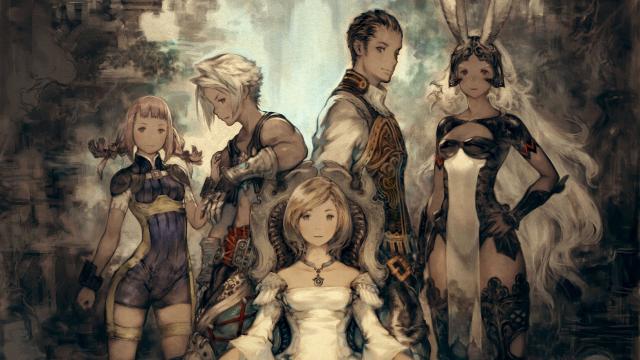
#10
Hitoshi Sakimoto
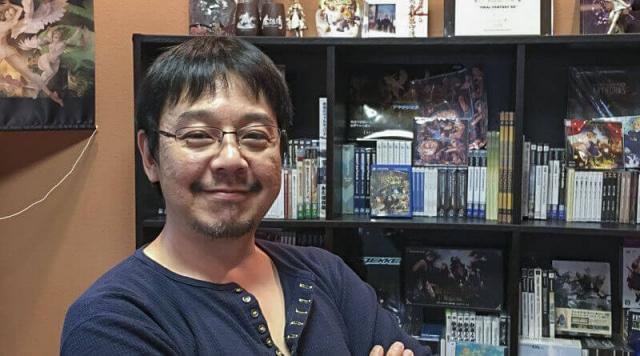
Many composers develop a specific style and sound in their music over their careers, some more obvious, others more subtle, but often the more you hear a specific composer's work the more obvious their stylistic choices and use of instruments become to you. One such composer I can personally recognize almost immediately just based on the sound of the music he creates is Hitoshi Sakimoto, and I mean that in the best possible way as I absolutely love his music.
Starting his career in 1988 by composing the score for a game called Revolter for the NEC PC-8801 home computer, Sakimoto initially wasn't planning on becoming a full-time video game composer, but rather was aiming to become a programmer. However, at the behest of his friends he ended up pursuing music as a career instead, and over the next several years he worked on the soundtracks for a number of different titles, including the likes of Devilish, Magical Chase, and the Mega Drive version of Gauntlet IV, often working together with Masaharu Iwata.
His true break came in 1994 with the release of Ogre Battle: The March of the Black Queen, which put him in contact with Yasumi Matsuno, who has since used Sakimoto as the main composer for almost every single one of the games he has written, designed, or produced. These include classics and masterpieces such as Tactics Ogre: Let Us Cling Together, Final Fantasy Tactics, Vagrant Story, Final Fantasy XII, as well as the upcoming tactical RPG Unsung Story.
Of course, Sakimoto has done plenty of work outside of his collaborations with Matsuno. Over the last 20 years alone he has composed music for well over 50 different video games, both by himself and together with other composers. Listing them all would take far too long, but among the more notable titles are the likes of Odin Sphere, Valkyria Chronicles and its sequels, Muramasa: The Demon Blade, Dragon's Crown, and most recently 13 Sentinels: Aegis Rim, just to name a few.
Sakimoto is, without question, one of the most talented and prolific video game composers of all time. Practically every new score he creates is a joy to listen to, whether while playing the game the music appears in or separately by itself. At 50 years of age he has long since established himself as one of the premier video game composers in the world, and yet he has shown no signs of stopping or even slowing down, routinely composing music for two or more games every year.
#9
Jeremy Soule
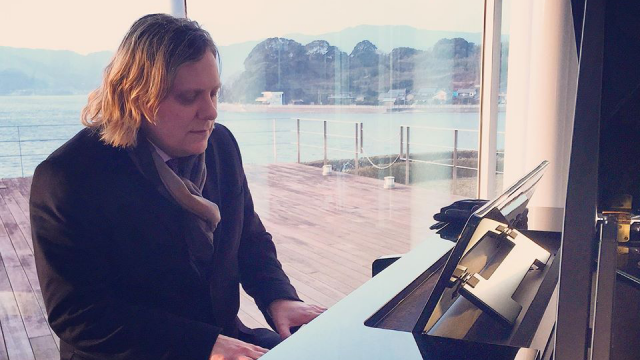
As technology has evolved, video game composers have been able to push the sound of video game music further and further, from the simple chiptunes of the early console generations to the midi sounds of the mid-90s, and finally the full symphonic suites we now often hear in games. Among the very best at pushing the style and sound of video game music forward is Jeremy Soule, whose 25 year career as a video game composer has seen him compose some of the best music in the history of video games for some of the biggest video game franchises of all time.
Soule had an interesting start to his career, as he composed the music for Secret of Evemore in 1995, which was effectively Squaresoft's attempt at setting up a North American development studio. However, it would take a few more years before his career would truly take off. After several small scale projects he composed the soundtrack for the real-time strategy game Total Annihilation, which earned him plenty of praise, but outside of the game's expansion Core Contingency and sequel Total Annihilation: Kingdoms he still mostly worked on various little-known titles. This would finally begin to change in 2000 with the release of Icewind Dale.
The number of high profile projects Soule worked on began to increase very quickly after the turn of the millennium and by 2005 he had already composed music for games like Baldur's Gate: Dark Alliance, Dungeon Siege, The Elder Scrolls III: Morrowind, Neverwinter Nights, Star Wars: Knights of the Old republic, Unreal II, and Guild Wars. In ten years he had become one of the most sought after video game composers on the planet, and yet his biggest successes were still ahead of him by this stage.
Even if we talk about just his more notable works, it's impossible to mention them all without turning this into a long-form essay, so here's just a small selection of the games Jeremy Soule has composed music for within the last 15 years: The Elder Scrolls IV, V and Online, Company of Heroes, Supreme Commander, Guild Wars 2, and Dead Rising 2, with numerous smaller projects found between those titles.
As far as western video game composers are concerned, Jeremy Soule is arguably on a tier above almost everyone else, with perhaps just a handful of others being able to claim a similar level of prestige. His music has been played live in concerts around the world since the early 2000s, and for at least the last 15 years Soule has been one of the most sought after composers in the video game industry.
#8
Shoji Meguro
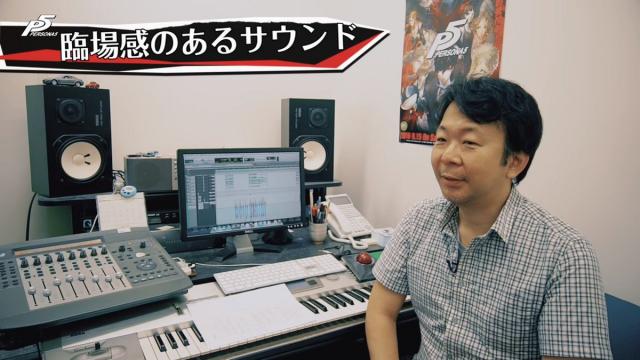
These days it's become increasingly common for composers within the video game industry to work primarily as freelancers that various developers and publishers contract to compose music for their games. Very few studios tend to actually employ in-house composers anymore, especially in the west. Even rarer are composers who have effectively built their entire careers working for a single company, yet Shoji Meguro has done exactly that since he first joined Atlus in 1995.
Meguro got his start as a video game composer on the game Revelations: Persona in 1996, working alongside three other composers on the game's music. This also marked the beginning of his connection to the Persona games and the Shin Megami Tensei series in general. Over the next several years Meguro composed music for games like Devil Summoner: Soul Hackers, Maken X, and Maken Shao: Demon Sword. Then, from around 2003 onwards, the vast majority of the games he composed music for were part of the Shin Megami Tensei franchise, and today he is without question the composer most closely related to the series.
The first decade of the 2000s saw him compose music for Shin Megami Tensei III: Nocturne, Shin Megami Tensei: Digital Devil Saga, Shin Megami Tensei: Strange Journey, and probably most notably Persona 3 and 4. Outside of that series he also worked on the first two Trauma Center games, though only as a sound director in the second one. In fact, starting with Trauma Center Meguro has occasionally also worked as a sound and game director in addition to his work as a composer, most notably directing the remakes of Persona 2: Innocent Sin and Persona 2: Eternal Punishment for the PSP in 2011 and 2012.
In 2011 Meguro composed music for Catherine, the last game not related to the Shin Megami Tensei series he has worked on to this day, unless you count the game's remake, for which he composed some additional music. Throughout the 2010s he has split his time between composing new music for games like Persona 4 Arena, Devil Survivor 2: Record Breaker and Persona 5, and working as a sound director on projects such as Persona Q: Shadow of the Labyrinth, Persona Q2: New Cinema Labyrinth, as well as the three Persona rhythm games.
There are very few video game composers whose personal style and sound have become so completely linked with the identity of an entire series as Meguro's has with Shin Megami Tensei. The only other ones I can think of are Koichi Sugiyama with Dragon Quest and Yoko Shimomura with Kingdom Hearts. Others have perhaps established the sound and style of a specific series (Koji Kondo and Nobuo Uematsu), but many other composers have later added their own twists to those franchises. Meguro's music has effectively defined the sound of an entire franchise since the mid-90s and that alone is an amazing achievement.
#7
Motoi Sakuraba
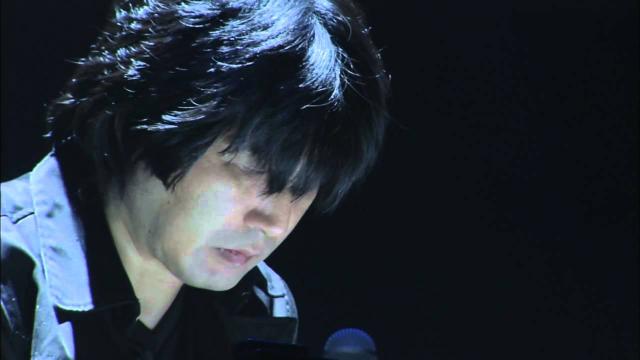
Throughout this countdown I've talked about composers who have worked on several different projects each year, seemingly never taking a break from work for even a moment, yet there's likely no composer who better encapsulates that particular tendency than Motoi Sakuraba. To put this into perspective, he began his career in 1989, and since then he has composed music for multiple different video games every single year except in 1998, when he worked on 'only' one score. Within just the last ten years he has provided music for over 50 different video games, and for roughly half of those he was the sole composer of the entire score. Sakuraba might very well be the hardest working composer in the entire video game industry.
As mentioned above, Sakuraba began his career in 1989 at a developer called Wolf Team, later renamed to Namco Tales Studio, with which he continued working until the studio's closure in 2011. The games Sakuraba worked on early on in his career were fairly small profile titles, most of which never came out in the west. Some of the more well-known ones however include Sol-Feace, Earnest Evans, and the early PS1 title Beyond the Beyond. However, it was the release of Tales of Phantasia in 1995 that brought Sakuraba's name and music to wider attention, at least in Japan. Since then he has served as the main composer in nearly every single Tales game.
The following year saw the release of Star Ocean on the PS1, with Sakuraba composing the entire soundtrack. To date, he has composed all the music for every single game in the series, including spin-offs. For me personally, I first heard Sakuraba's music on Star Ocean: Till the End of Time on the PS2 and I've been a fan of his work ever since. In addition, he is the main composer for the Mario Golf and Mario Tennis games since 1999 and 2000 respectively. He has also composed the music for all three Golden Sun games. And all of that is barely even scratching the surface of his resumé.
Over the last decade Sakuraba has also been responsible for a lot of the music in the Dark Souls trilogy, composing the first game's score by himself and then collaborating with Yuka Kitamura for the other two, with two other composers providing a single track each for the third game. Besides Dark Souls, his work in the last ten years has included scores for games such as Resonance of Fate, Phantasy Star Nova, Exist Archive: The Other Side of Sky, and arrangements for the Super Smash Bros. games.
To put it simply, it's almost impossible to have gone through the last 25 years and not have heard at least some of Sakuraba's work, unless you simply don't play Japanese games. From his work with Wolf Team, tri-Ace, Nintendo, Namco, FromSoftware, and various other developers, he has worked as a key composer for almost ten different high profile video game series, as well as on a huge number of additional individual titles.
#6
Michiru Yamane
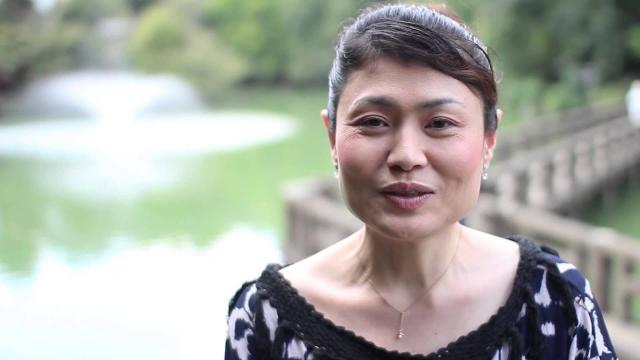
With a career that spans over 30 years, Michiru Yamane has established herself as one of the absolute best video game composers of all time, first through her work at Konami and then later as a freelancer. Yamane's music can often be described as gothic and dark classical, but that would disregard much of her work throughout the years which has contained elements from genres like jazz, progressive rock, techno, and many others.
Yamane began her career at Konami when she was still at college, composing the main theme for King's Valley II, followed by a number of other collaborations as a secondary composer over the next year. Her first project as the lead composed was Ganbare Goemon 2 in 1989, after which she slowly began to rise in prominence within the company. The two most important projects she composed music for in the early 90s were likely Rocket Knight Adventures and Sparkster, but her real breakthrough game in 1994 when she composed the entire score for Castlevania: Bloodlines for the Sega Genesis/Mega Drive.
From that point on Yamane was effectively the main composer for much of the Castlevania series, at least the 2D games, and the next release would feature what is likely still her most well-known score - Castlevania: Symphony of the Night. Over the next few years she would compose music for games like Gungage, Elder Gate, as well as Suikoden III (her debut on that series), before she would return back to Castlevania with Lament of Innocence and Aria of Sorrow in 2003. After this came Suikoden IV and Sword of Etheria, and then it was back to Castlevania with Curse of Darkness, Portrait of Ruin, and Order of Ecclesia, which also turned out to be the last game she worked on while still employed by Konami.
Yamane left Konami in 2008 and, as many others in her field have done over the last two decades, became a freelancer. Since then, besides composing music for video games, she has also worked on films, television, and anime. As far as video games are concerned, her highest profile projects since leaving Konami have without question been Skullgirls in 2012, Monster Boy and the Cursed Kingdom in 2018, and especially Bloodstained: Ritual of the Night in 2019, which also saw her reunite with Koji Igarashi for another project.
Yamane has, for at least the last 22 years if not longer, been one of the very best composers working in the video game industry, and even though in recent years as a freelancer she has split her time between working on video games and various other things, it's still her video game music that is most beloved and well-known.
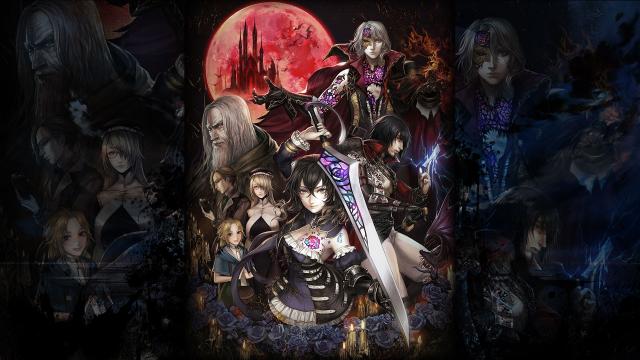
The penultimate part of the greatest video game composers countdown is now complete. The only composers remaining now are the VGChartz community's five favourite individuals to have ever worked in the industry, so join me next time as we finally finish our top 50.
More Articles
Glad Sakimoto and Yamane made it to the top 10. They are absolutely fantastic.
I've loved every moment of reading these articles. I can't wait for the final one!
Ahhhhh the top 5 so close!!
Missed this article during the Holidays! Loved Yamane's work on Castlevania: Symphony of the Night (Requiem for the Gods and Lost Painting being my favorite tracks).








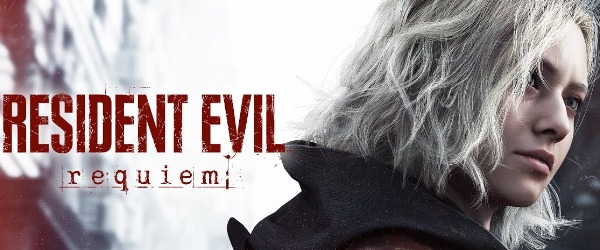
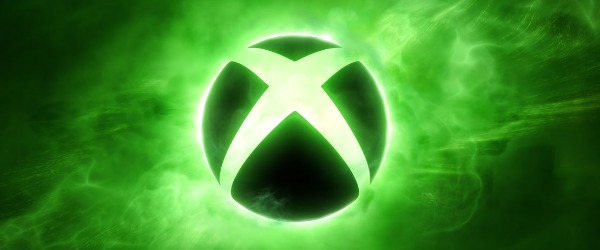
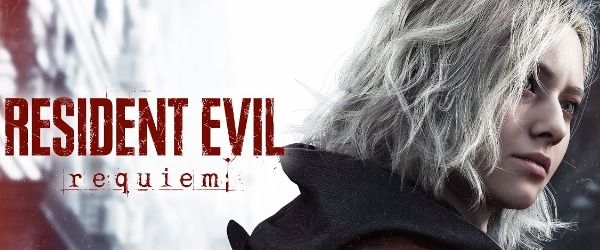
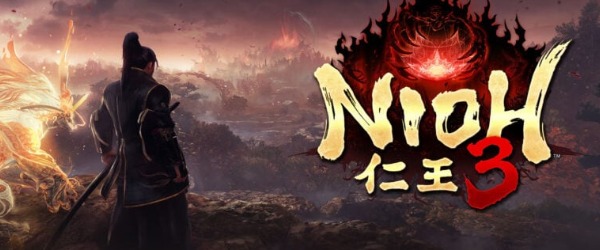












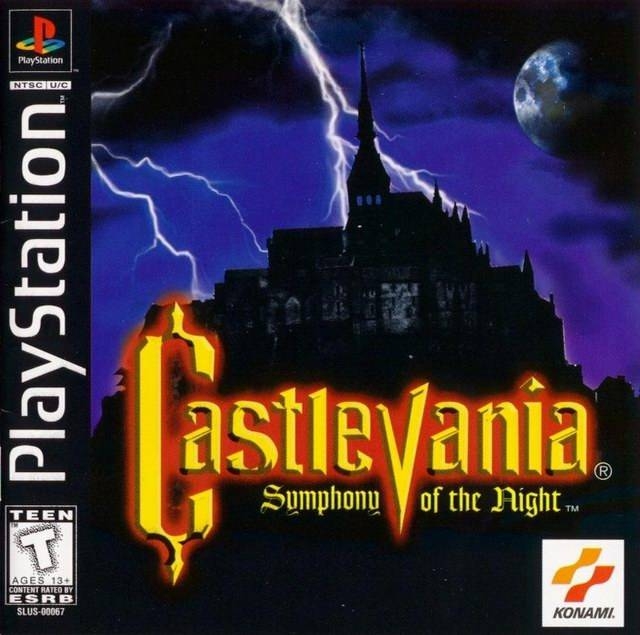
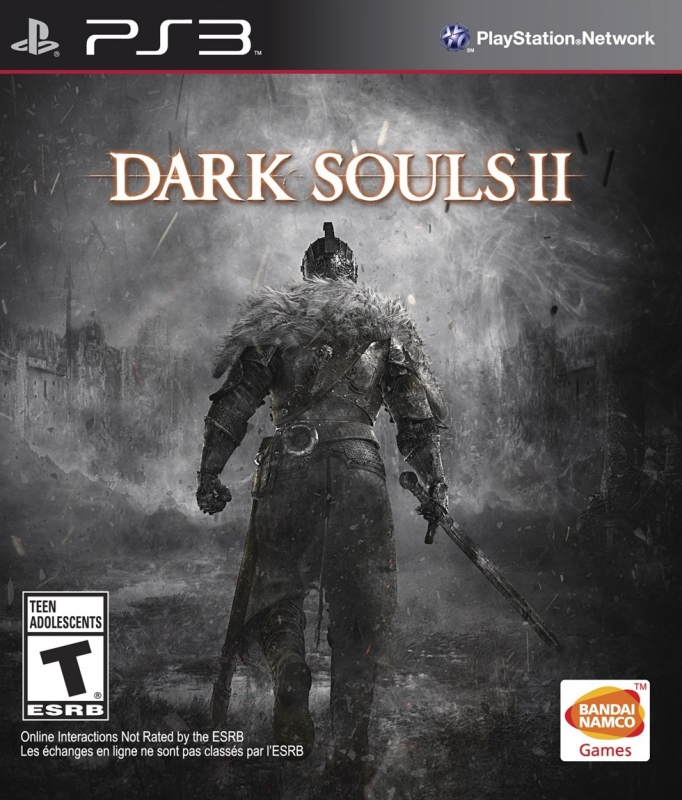

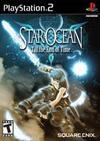

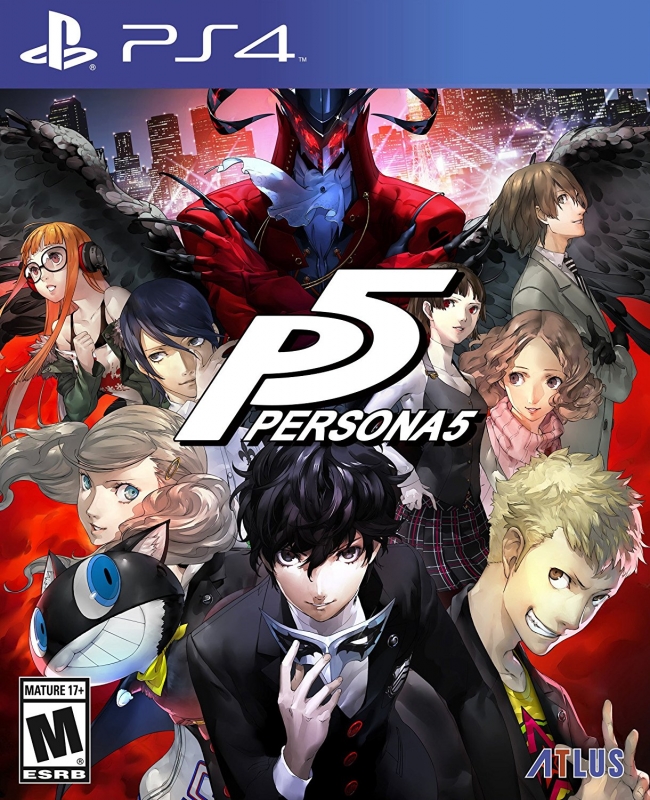


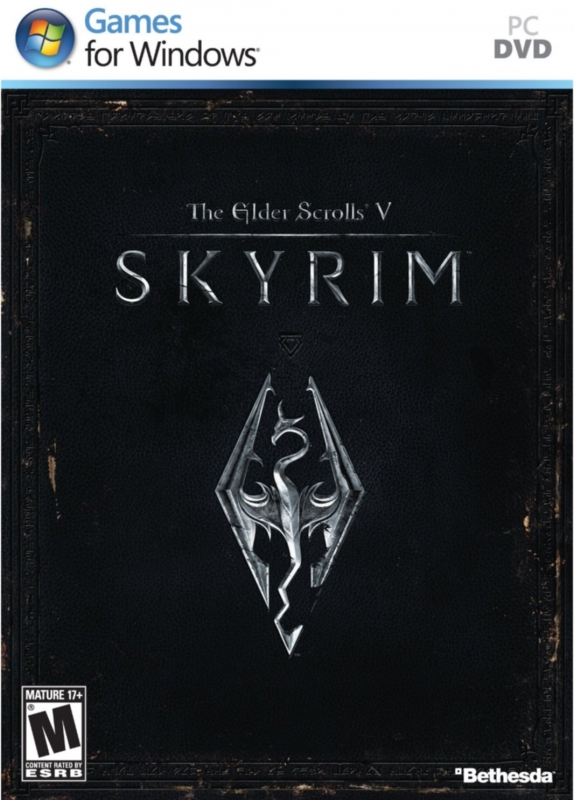



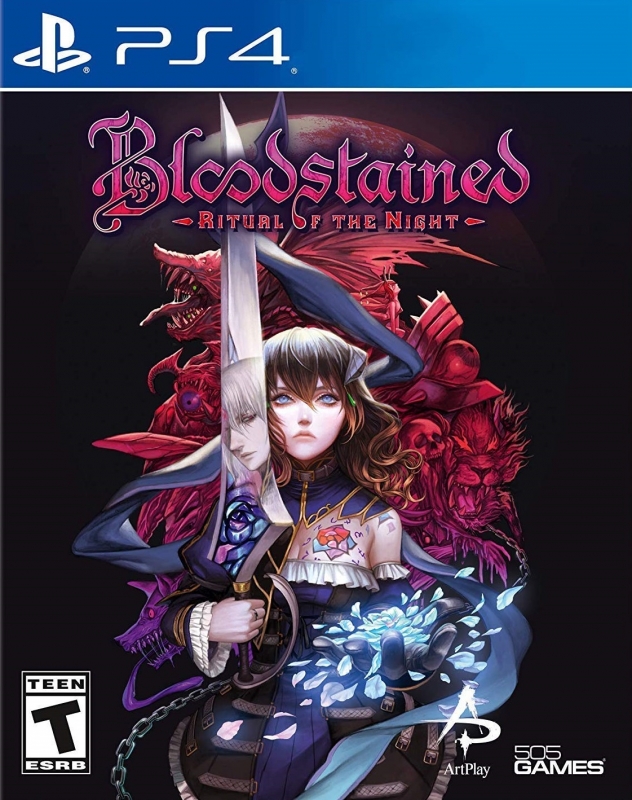
 Essay Pro
Essay Pro